
It might seem surprising that this music was recorded by an American choir: Coro Volante, of Cincinnati, Ohio. However, this choir’s co-directors – Brett Scott and Krista Cornish Scott – are Canadian. Scott is also the author of the biography R. Murray Schafer: a Creative Life, so his interest in Schafer runs deep.
The event made me reflect on my own contact with Schafer, and on his influence on me.
I first met him when I became his student for one semester, at the University of Western Ontario, back in 1980. As I recall, his contract with Western – where his gigantic choral / orchestral / poetic / theatrical / choreographic spectacle Apocalypsis was being produced – required him to teach a composition class. And I was lucky enough to be in it.
Throughout my student years (at three Ontario universities) he was the only authentic genius I encountered. And that one semester had a profound influence on me.
That said, I didn’t learn any of the conventional stuff that a student composer needs to know, like harmony, counterpoint, or orchestration, from Schafer. (I learned those things from other people, who taught them very well.) And my music doesn’t sound much like Schafer’s. So how, exactly, did he influence me?
Here’s a list of artistic values that I believe “rubbed off” from my encounter with Schafer.
- The arts are inter-related, and there is much to be learned from visual art, literature, dance, etc.
- The modern world lacks the depth and richness of the ancient world. Immerse yourself in something old.
- Universities are okay, and a composer might gain something from an association with academe. But do not let yourself be drawn entirely into that world.
- The “Canadian musical establishment” is not your friend. Distance yourself from the “politics” of the classical music world, as much as you can.
- Compose the music you need to compose, whether anyone is paying you to do it or not.
- For a composer (or any kind of artist), a healthy ego is a good thing to have.
- Be brave!
There are also some things I didn’t absorb from Schafer, even though I was exposed to them. For instance, I don’t share his love of collaboration, or his fondness for working with amateur artists – and the grandness of his larger “go-big-or-go-home” artistic projects has never found its way into my own work. (I’m more of a “small-is-beautiful” kind of guy.) As well, I certainly haven’t gone off to live in remote seclusion, on the edge of the wilderness.
Sadly, Schafer passed away in 2021. So it’s gratifying to see this new CD, with performances so well recorded by Coro Volante. I take this disc as encouraging evidence that Schafer’s works will survive him – an honour accorded to only a handful of Canadian composers.
© Colin Eatock 2024
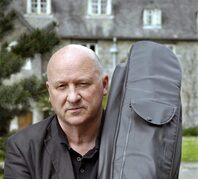
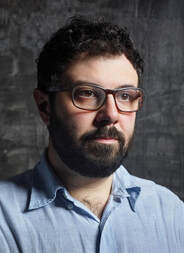

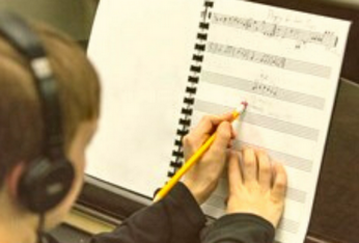



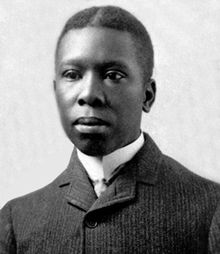
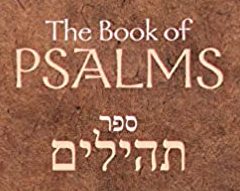
 RSS Feed
RSS Feed

